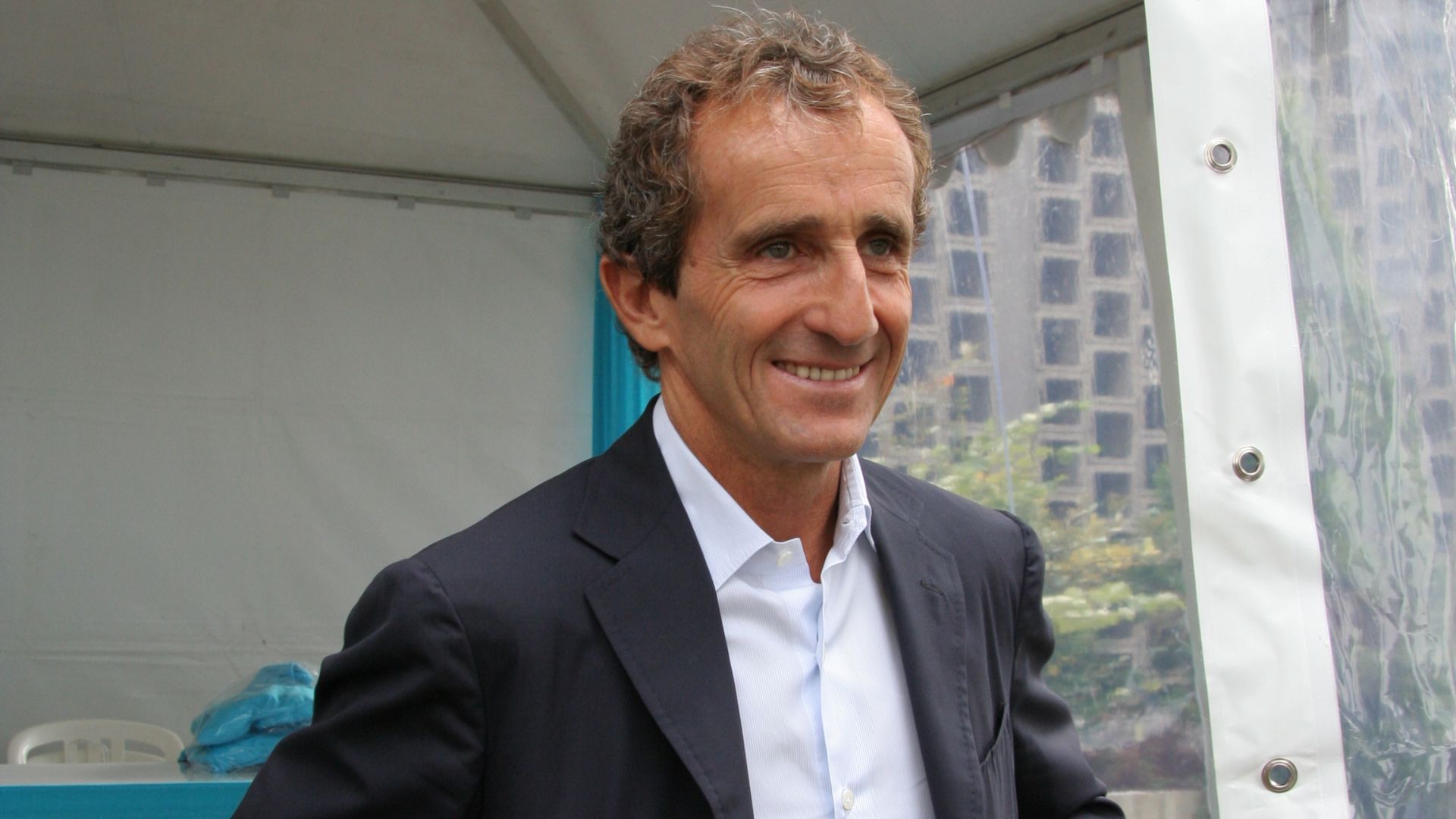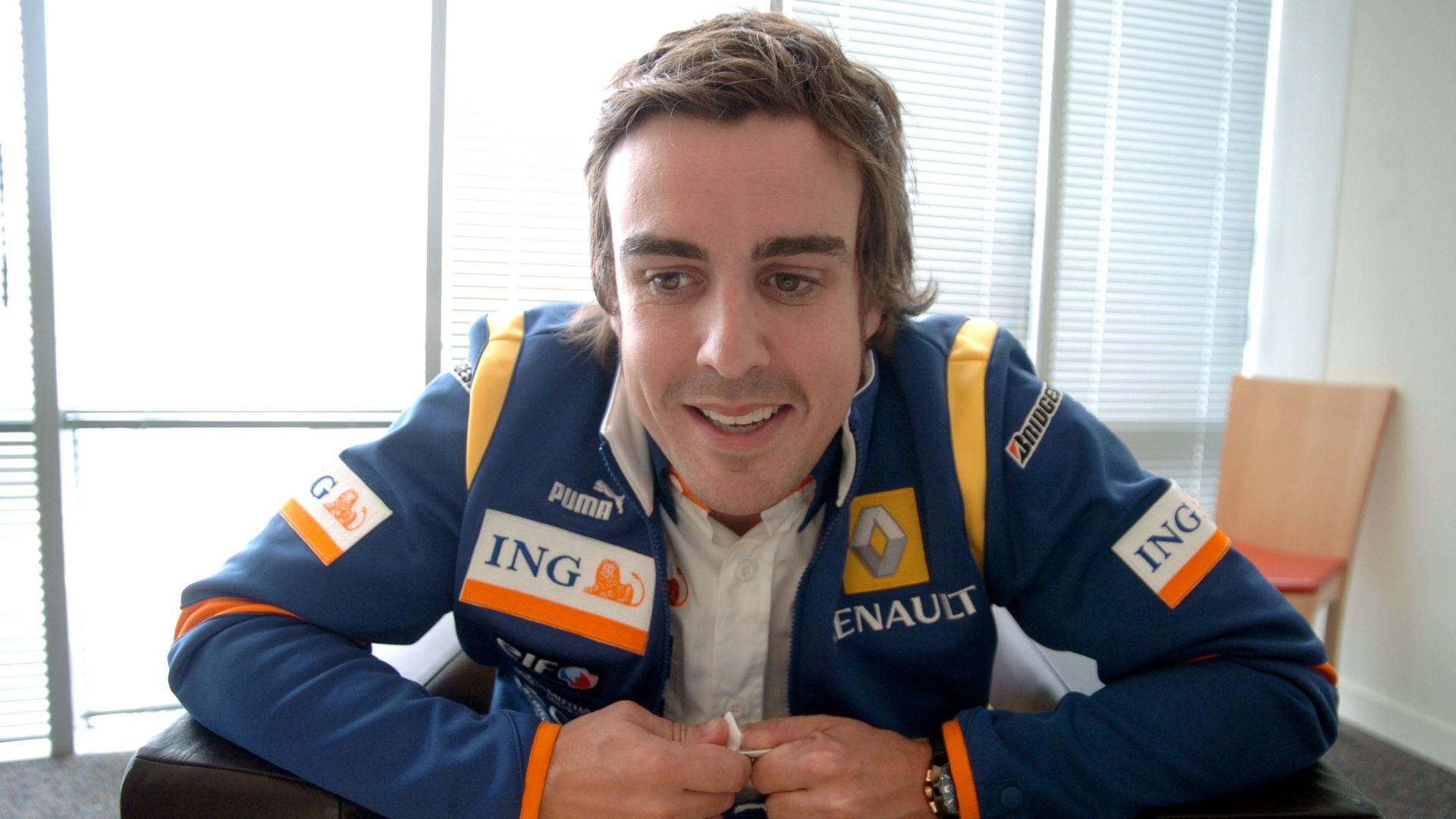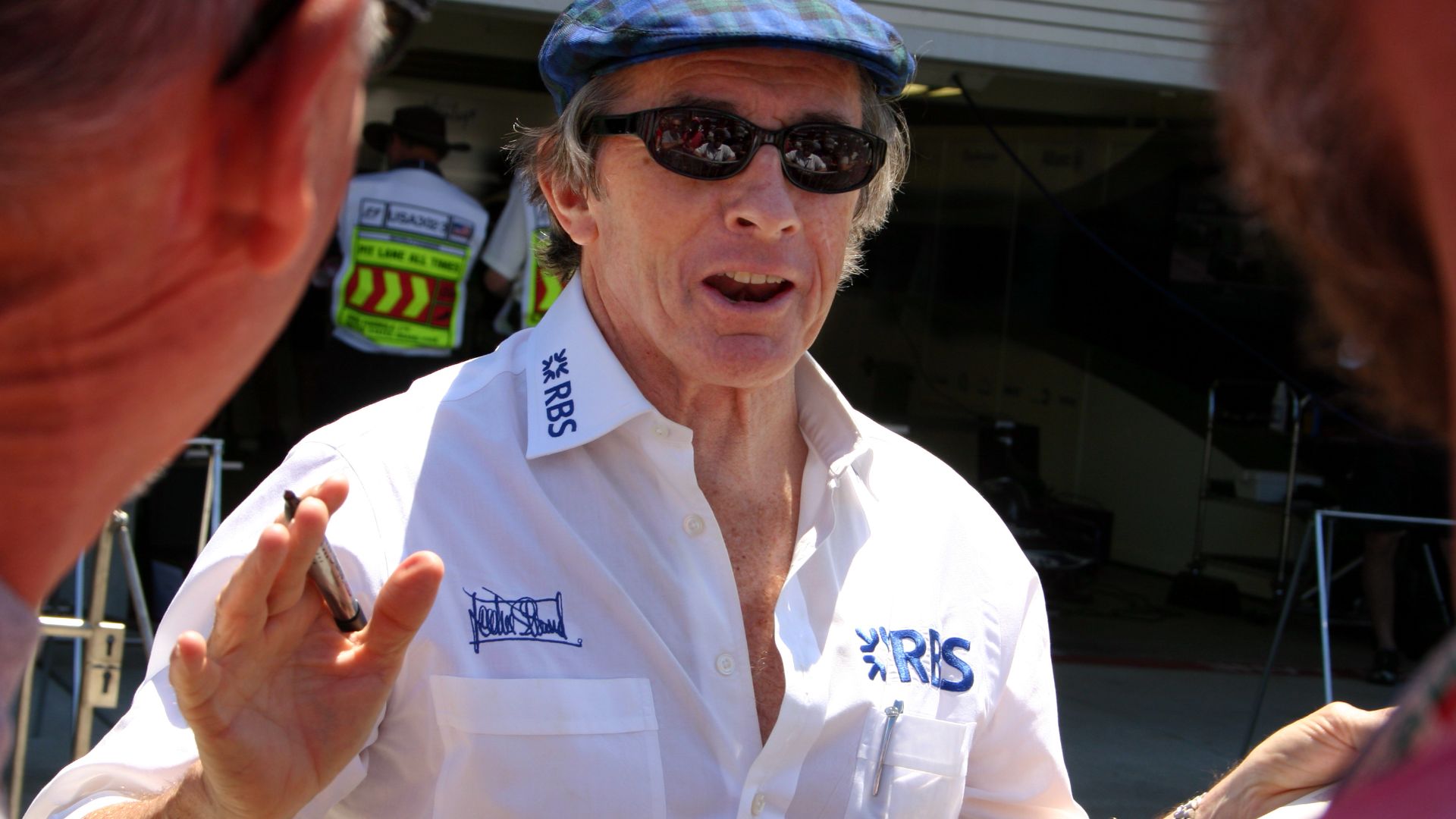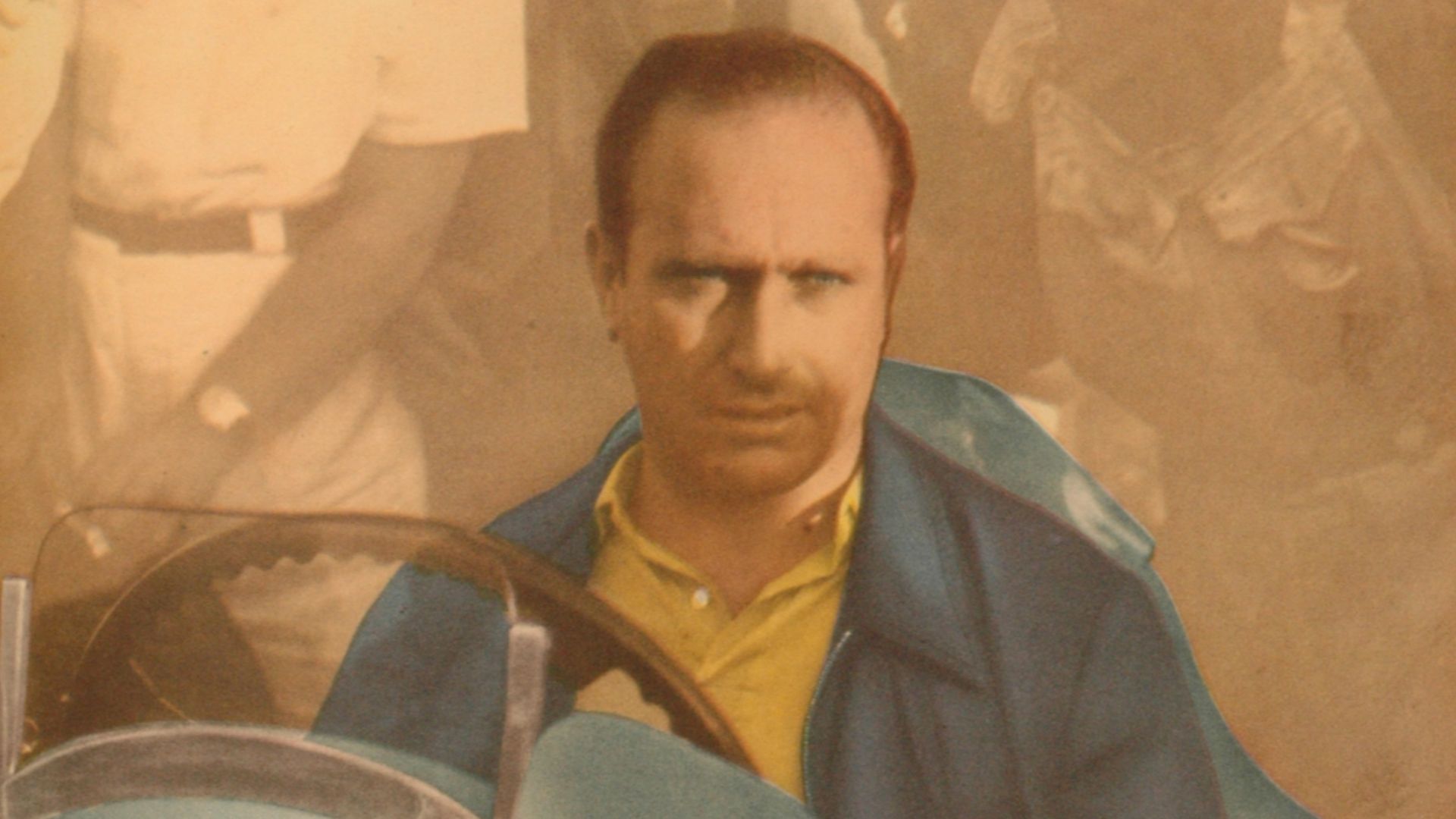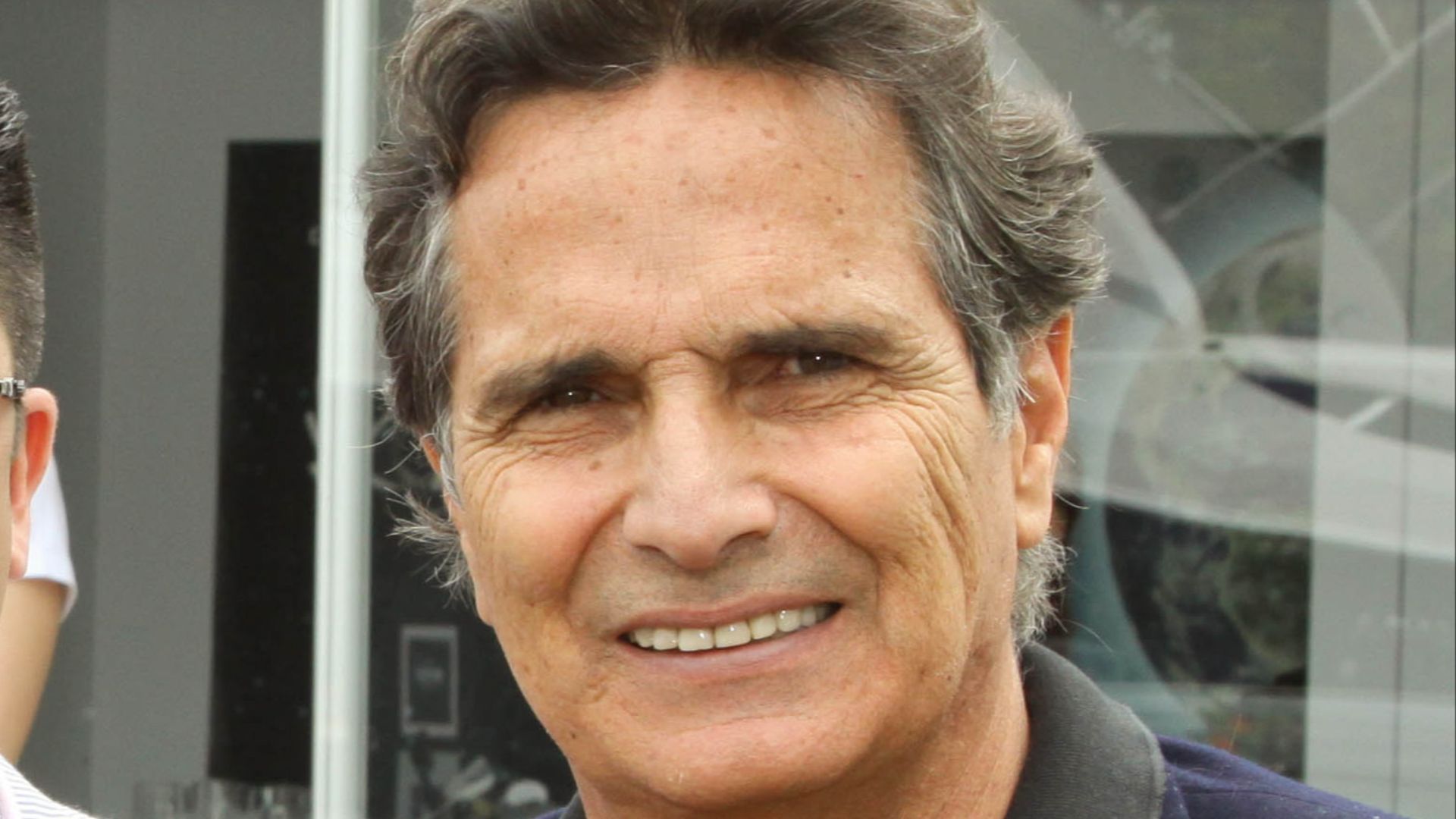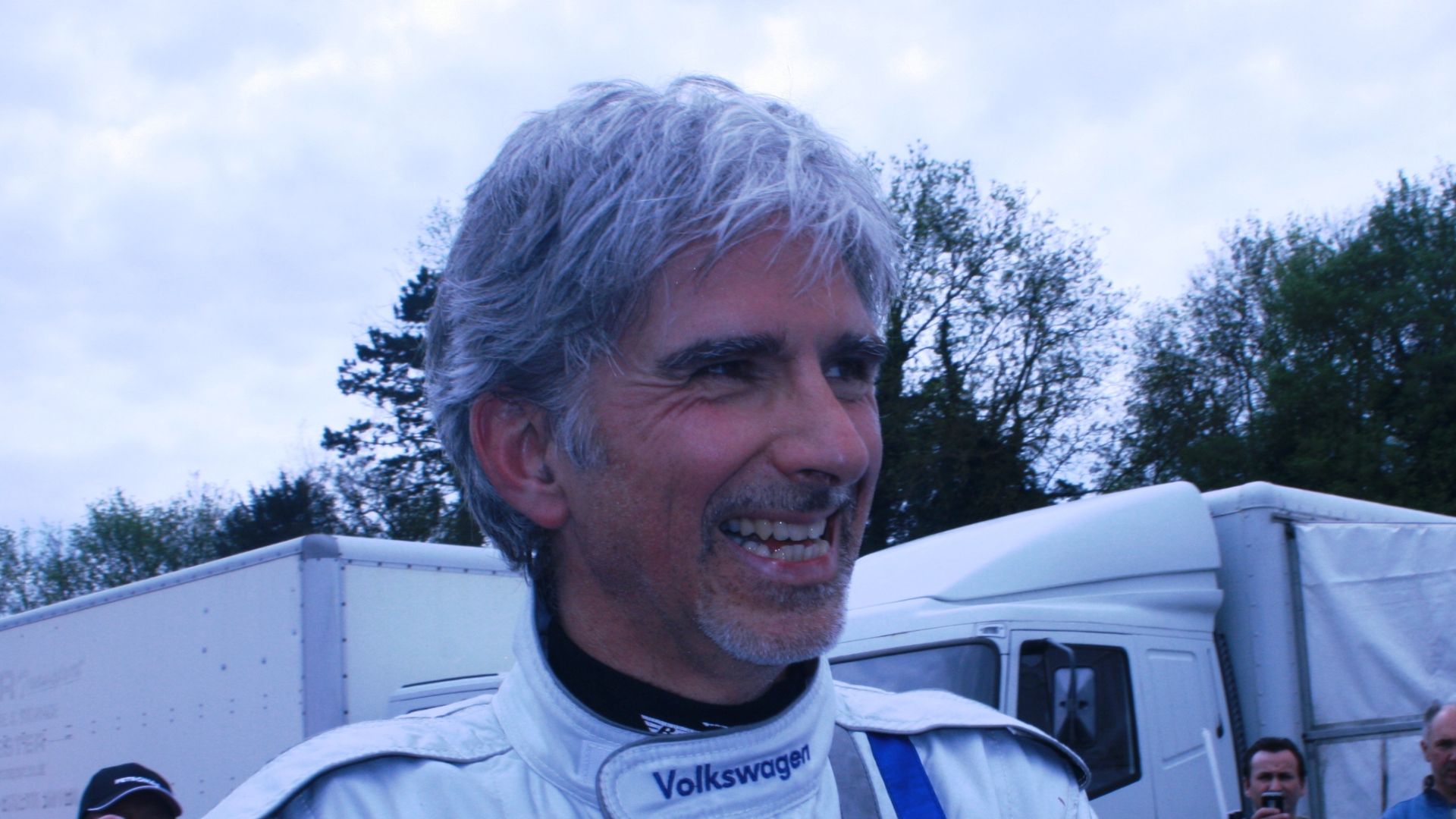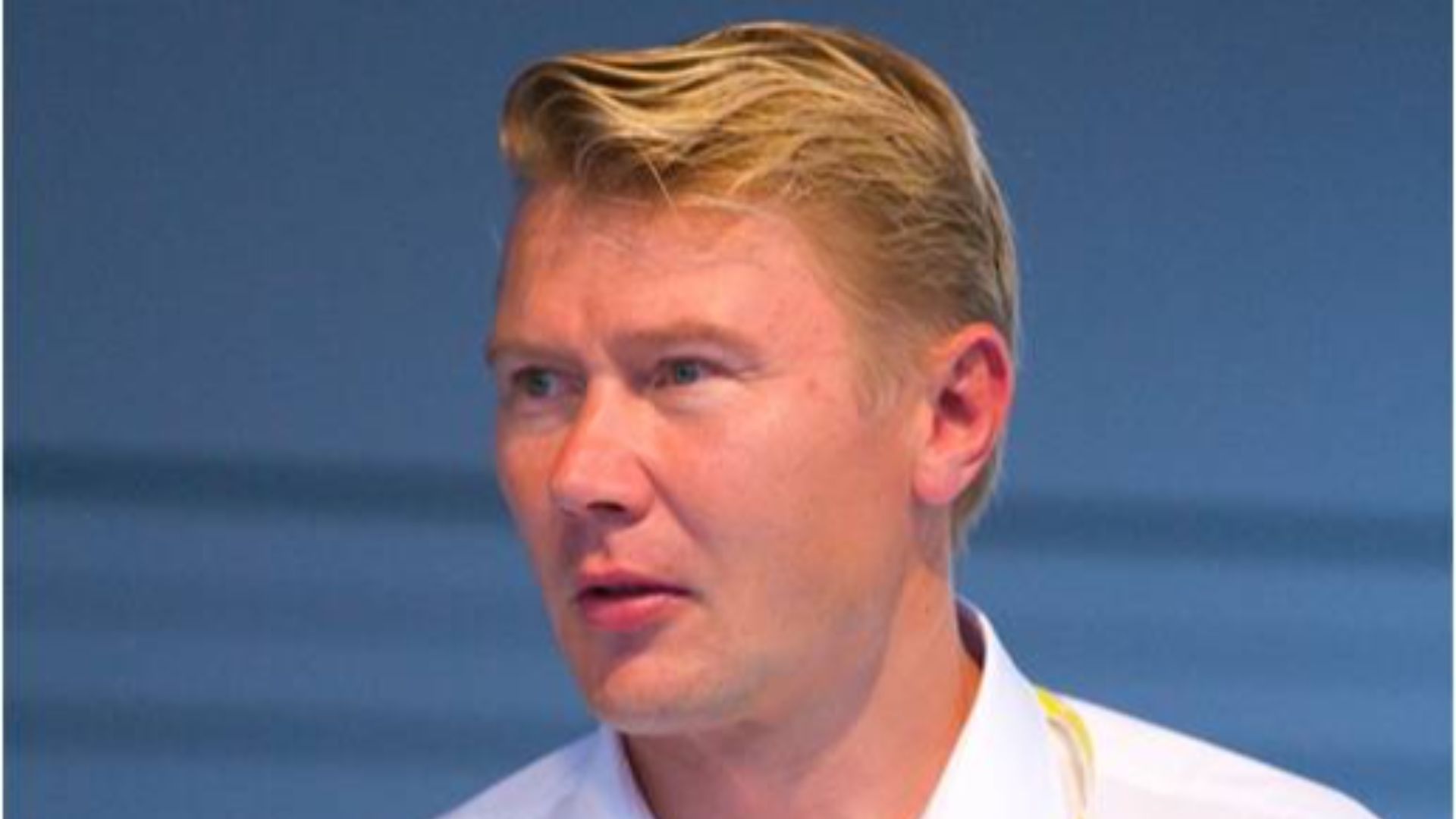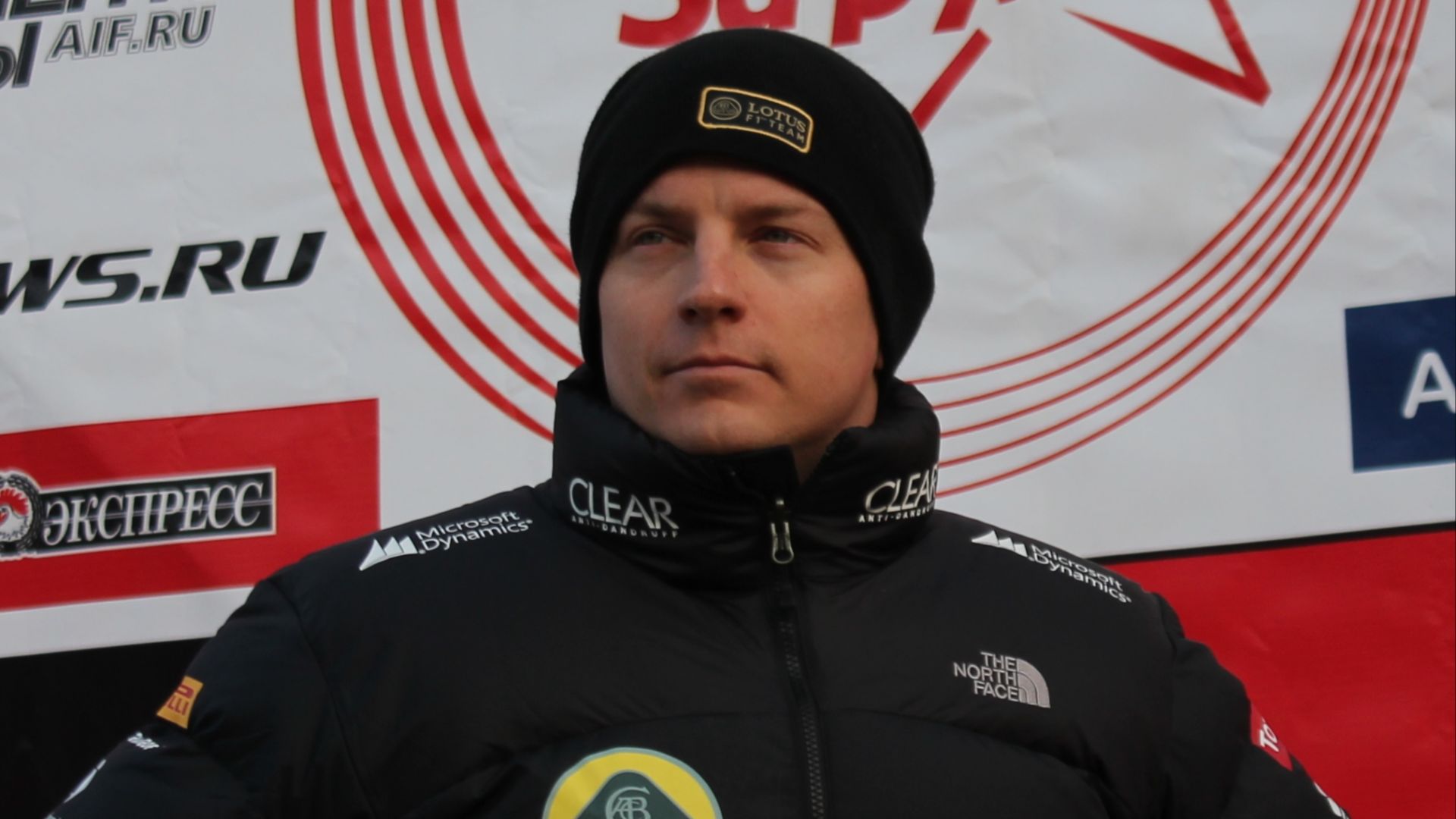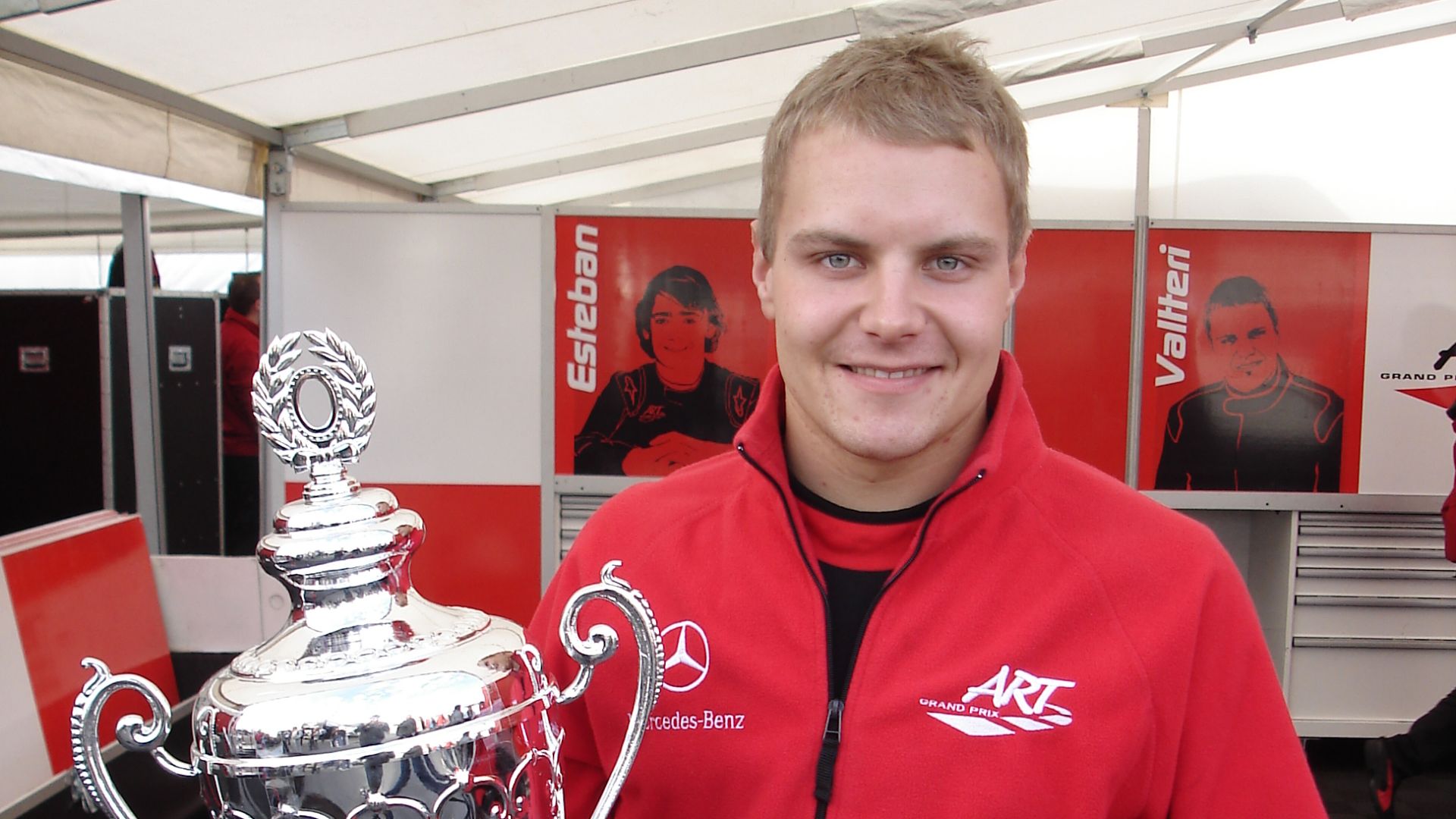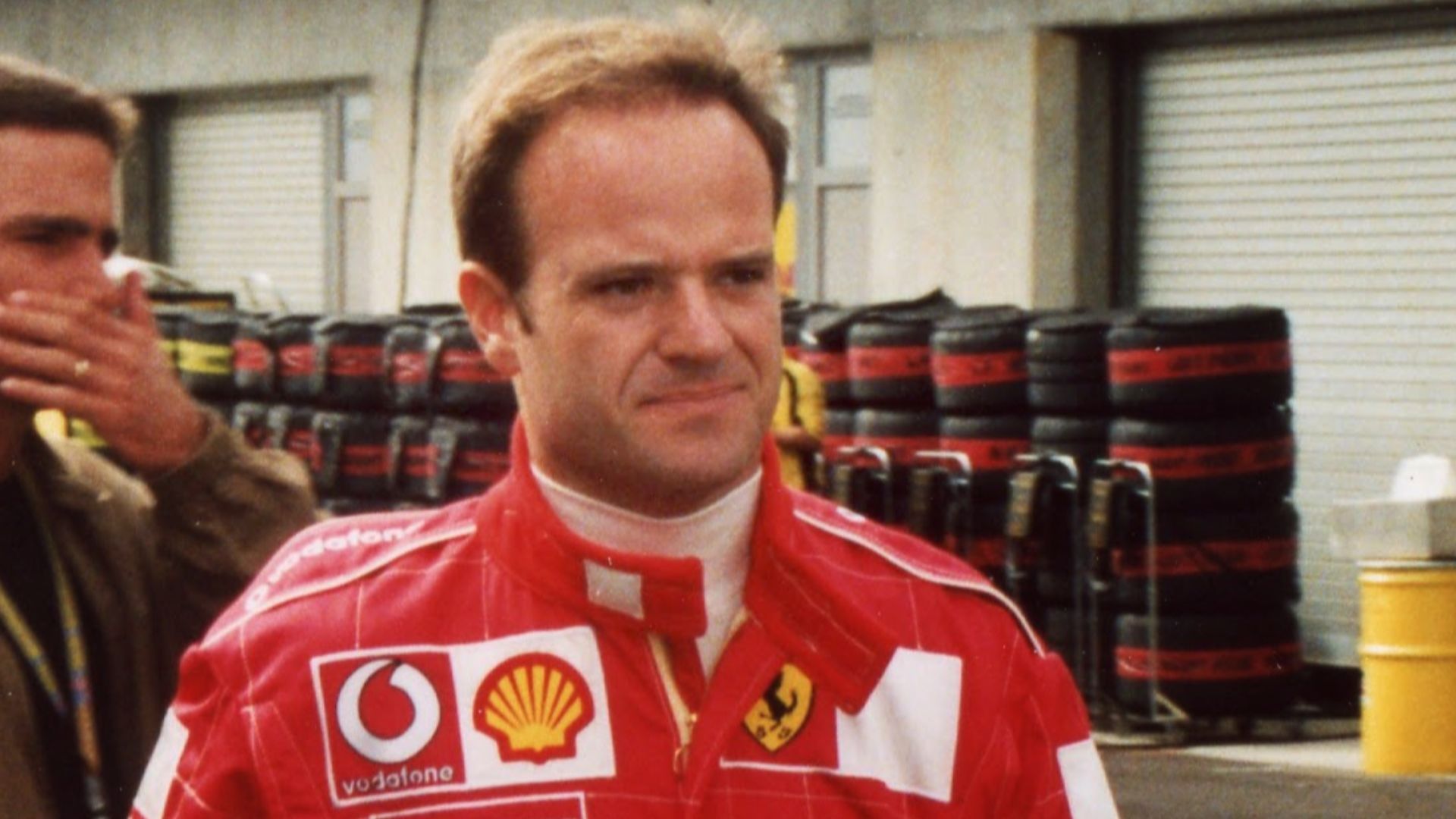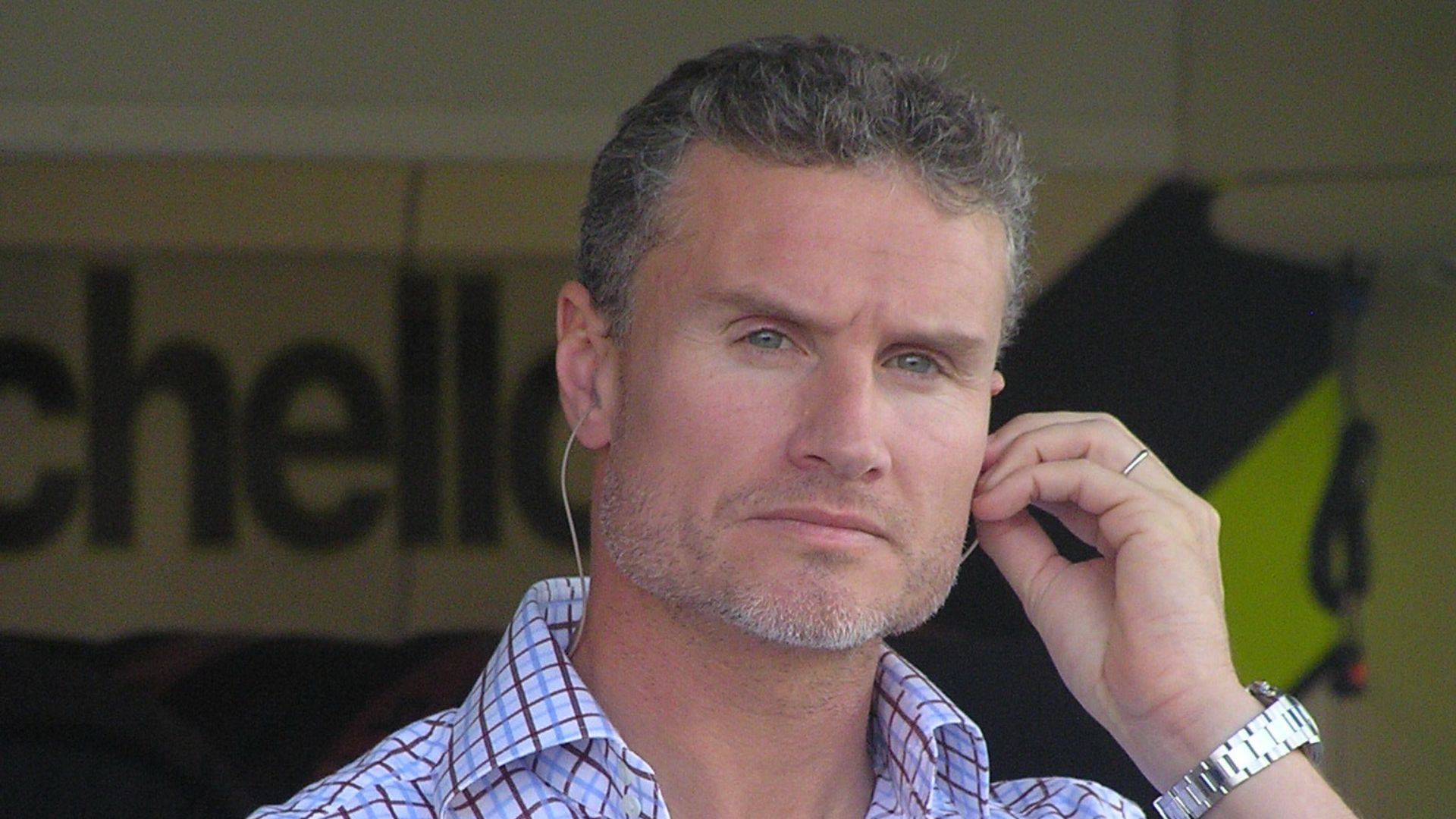Masters Of Every Turn
Formula 1 has never been just about cars hurtling around a track—it’s a high-stakes race of precision, instinct, and audacity. As the decades rolled by, certain drivers controlled the narrative, rewriting what it meant to dominate a season and redefining the very limits of speed and strategy. Their mastery spanned rain-drenched circuits and unrelenting pressure that would rattle lesser souls. So, let’s take a look at the 20 most prolific drivers to ever take the wheel.
 United Autosports on Wikimedia
United Autosports on Wikimedia
1. Lewis Hamilton
A 7-time World Champion, Hamilton’s reign ties him with the legendary Michael Schumacher, but his story goes far beyond numbers. As the sport’s first Black driver, he’s broken barriers by winning at least one race every season for 15 straight years.
2. Michael Schumacher
Michael Schumacher’s legacy begins with two World Championships for Benetton in 1994 and 1995. However, his most iconic chapter came with Ferrari. After joining the Italian team, he ended their 21-year title drought and led them to five consecutive championships from 2000 to 2004.
3. Sebastian Vettel
At 23 years and 134 days, Sebastian Vettel became the youngest World Champion in F1 history in 2010. That victory marked the beginning of a dominant four-title streak with Red Bull from 2010 to 2013. His run challenged the sport’s traditional hierarchy, proving a newer team could topple established giants.
4. Alain Prost
Alain Prost won four World Championships—1985, 1986, 1989, and 1993—where he claimed titles with both McLaren and Williams. His attention to tire management, fuel efficiency, and mechanical preservation reshaped expectations for how intelligence could drive success in Formula 1.
5. Max Verstappen
By 26, Max Verstappen had already secured 61 race wins and four back-to-back World Championships (2021–2024), placing him firmly among the top five in F1 history. As the first Dutch World Champion, Verstappen ignited a motorsport surge across the Netherlands.
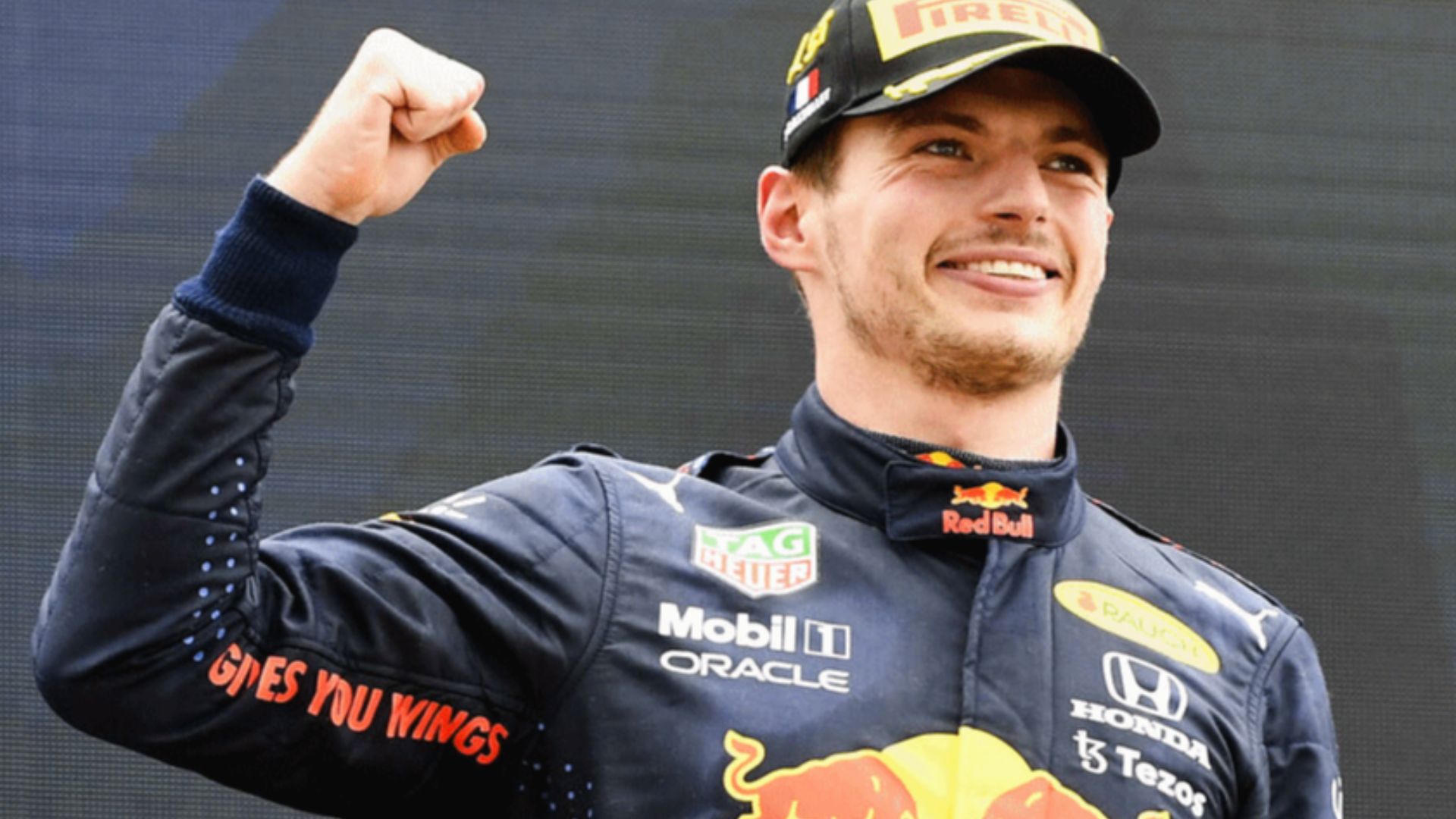 Nicolas Tucat | Credit: AP on Wikimedia
Nicolas Tucat | Credit: AP on Wikimedia
6. Ayrton Senna
A three-time World Champion by 1991, Ayrton Senna claimed 41 victories and an astounding 65 pole positions. Moreover, street circuits and rain-soaked tracks became his stage, with Monaco serving as his personal dominion through six unforgettable wins.
 Instituo Ayrton Senna on Wikimedia
Instituo Ayrton Senna on Wikimedia
7. Fernando Alonso
Ending Michael Schumacher’s five-year dominance, Fernando Alonso took the 2005 and 2006 World Championships and signaled a generational shift in F1. Across 32 Grand Prix wins with Renault, Ferrari, and others, his adaptability stood out as a defining trait.
8. Nigel Mansell
Nigel Mansell’s 1992 season was pure dominance—nine wins, 14 poles, and a World Championship sealed with authority. Over 15 seasons, he amassed 31 victories and earned a reputation for fearless overtakes and relentless wheel-to-wheel combat.
9. Jackie Stewart
Jackie Stewart conquered one of Formula 1’s most dangerous eras with three World Championships in 1969, 1971, and 1973. His 27 wins in just 99 starts gave him a 27% win rate. Plus, he often raced under brutal conditions, with outdated gear and unreliable machines, yet his consistency never wavered.
10. Jim Clark
Winning the 1965 Indy 500 and the F1 World Championship in the same year set Jim Clark apart in motorsport history. He secured two F1 titles with Lotus and delivered 25 wins in just 72 starts, achieving a 34.7% winning rate.
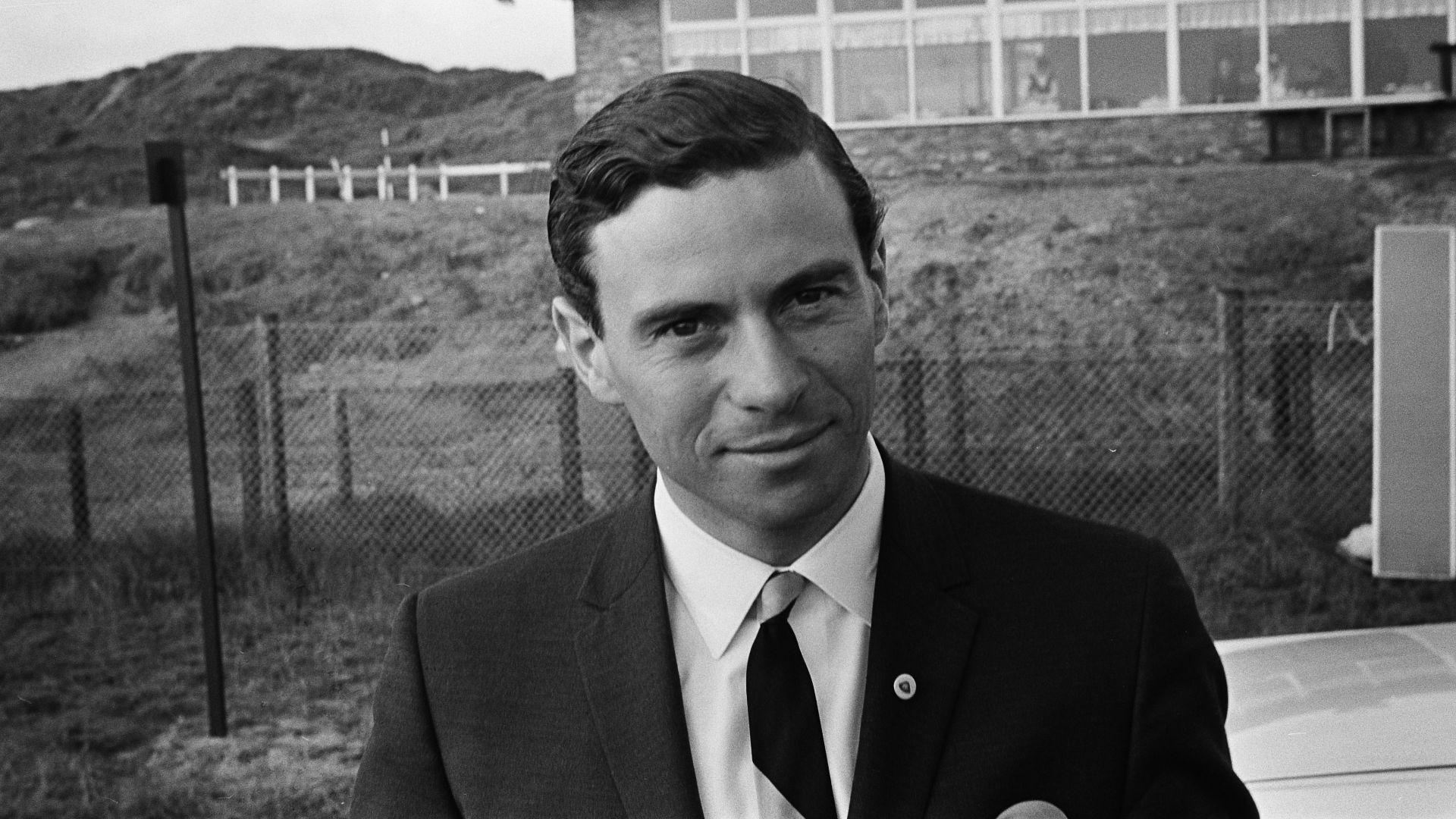 Fotograaf Onbekend / Anefo on Wikimedia
Fotograaf Onbekend / Anefo on Wikimedia
11. Niki Lauda
Niki Lauda won three World Championships—1975 and 1977 with Ferrari, and 1984 with McLaren—becoming one of the few to claim titles with rival teams. His direct communication style and sharp engineering insight earned him respect in and out of the car.
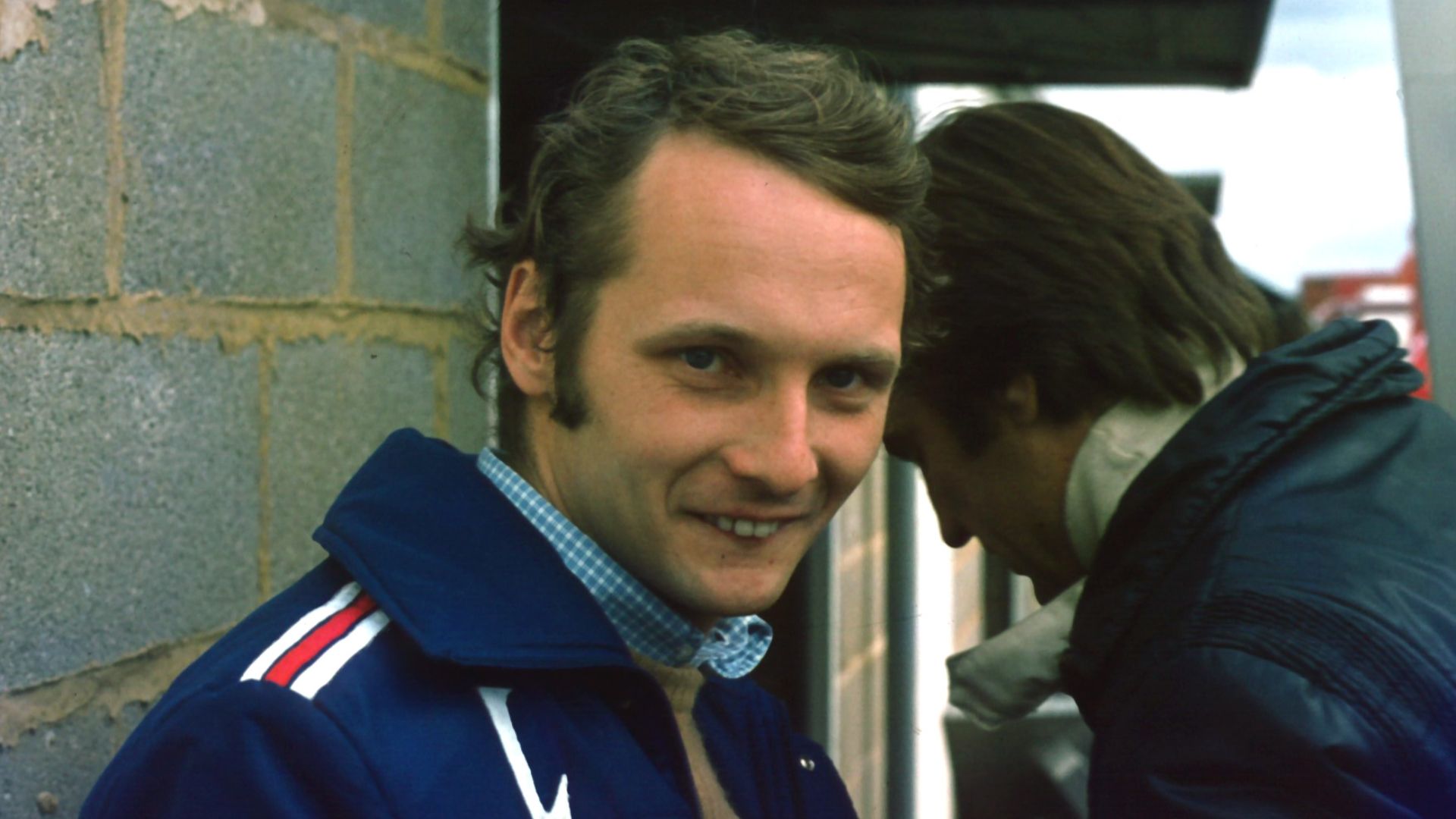 Gillfoto from Juneau, Alaska, United States on Wikimedia
Gillfoto from Juneau, Alaska, United States on Wikimedia
12. Juan Manuel Fangio
Winning titles with four different teams, Juan Manuel Fangio demonstrated a level of versatility rarely seen in Formula 1. Between 1951 and 1957, he secured five World Championships and 24 victories in just 51 starts, achieving a record-setting 47% win rate.
13. Nico Rosberg
Nico Rosberg claimed the 2016 World Championship after a season-long showdown with teammate Lewis Hamilton, ending the year on top with 23 career wins—all under the Mercedes banner. However, just days after reaching the sport’s highest peak, he walked away, prioritizing family life over further competition.
14. Nelson Piquet
Known for his outspoken nature, Nelson Piquet became a three-time World Champion in 1981, 1983, and 1987. He even recorded 23 Grand Prix victories, including the first-ever win in a turbocharged F1 car. Today, his influence endures through his sons, who have carried the Piquet name into Formula 1 and Formula E.
15. Damon Hill
Starting his Formula 1 journey at 31, Damon Hill climbed the ranks swiftly, which proved his place through performance rather than pedigree. Despite sharing garage space with Ayrton Senna early on, Hill carved out 22 race wins of his own.
16. Mika Häkkinen
After surviving a life-threatening crash in 1995, Mika returned stronger and captured back-to-back World Championships in 1998 and 1999. Schumacher himself regarded Häkkinen as one of his toughest rivals, highlighting the Finn’s quiet intensity.
17. Kimi Räikkönen
Kimi Räikkönen’s career blended longevity with sharp bursts of brilliance. Crowned World Champion in 2007, he racked up 21 victories and more than 100 podium finishes while setting a former record of 349 race starts.
18. Valtteri Bottas
Valtteri Bottas played a key role in Mercedes’ dominance between 2017 and 2021, contributing to five consecutive constructors’ titles with consistency and speed. During that stretch, he claimed 10 race wins, 20 pole positions, and 67 podiums—clear indicators of his top-tier pace.
19. Rubens Barrichello
With 11 wins to his name, Rubens played a supporting role at Ferrari during Michael Schumacher’s dominant run. Plus, his first victory—an unforgettable charge from 18th to first at the 2000 German Grand Prix—remains a fan favorite.
20. David Coulthard
David Coulthard built a career marked by consistency, competitiveness, and evolution. Across stints with McLaren and Red Bull, he secured 13 race victories and regularly challenged the best. In 2006, he even delivered Red Bull’s first-ever podium, helping establish the team’s future success.





